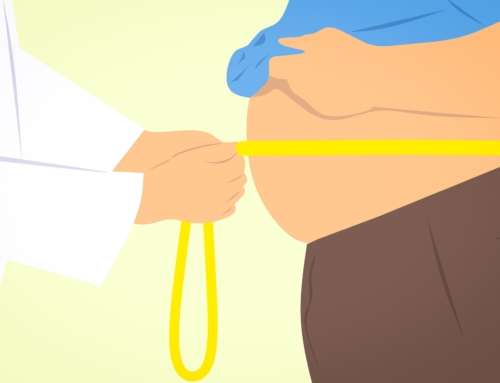If you have any of the following symptoms then you might have a neurotransmitter issue:
- Low motivation
- Low energy
- ADD/ADHD
- Depression
- Anxiety
- Insomnia
- Irritability
A neurotransmitter is a chemical released in one area that travels to another area for its’ effect. When you take anti-depressants or anti-anxiety medication they are working at the neurotransmitter level. Contrary to what multi billion dollar industries believe, we do not have deficiencies in Zoloft, Adderall or Xanax. We have serotonin deficiencies, norepinephrine or GABA deficiencies. Correct the deficiencies and often symptoms improve without the need for medication.
How do you know what you need? Measure the neurotransmitters.
READ ON to learn more about this simple test….
Neurotransmitters are loosely broken down into two basic categories. Those that are inhibitory which are calming, help you sleep and help you restore like serotonin, GABA, & glycine levels. Excitatory neurotransmitters get you motivated, help you focus but can also make you anxious. These are dopamine, norepinephrine, epinephrine, glutamate and PEA (phenylethylamine). Combine it with a saliva test and you pick up two hormones cortisol and DHEA which round out the adrenal picture for energy or lack of energy.
When patients don’t feel good and all of their blood work labs are normal, we can often find the culprit of why they are feeling bad when we look at the neurotransmitters. Once we understand what the levels are then a program can be devised usually using supplements to help the body correct the imbalances. You can also use this type of testing to guide which prescription medication might be useful if needed. I have seen many patients that had adverse reactions to anti-depressants or ADD medications and when we get their levels it makes perfect sense.
If I line 10 people up with anxiety, mood issues, decreased energy and test their neurotransmitters I will get ten different pictures so a one size fits all approach really doesn’t work especially in the natural world.
Why isn’t this test used more often? First, it is not covered by insurance. Insurance used to cover this test in many instances so this is part of the shift in insurance policies. Second, it is deemed experimental. Some of our very important cholesterol markers looking at plaque are now deemed experimental also, oops.. got off on a tangent. Neurotransmitter testing has been around for years & years even in the traditional world primarily as 24 hour urine collections. The problem is our neurotransmitters have very short half-lives so they are difficult to measure. Science has come a long way with first morning urine samples that can at least give you an indication of where these levels stand. When you interpret the results and correlate with the person’s symptoms then it can provide useful information. These tests just keep getting better and better.
Here are a few case studies showing how helpful this test can be:
Case 1: This person was on a serotonin uptake inhibitor medication (Zoloft, Lexapro, etc) but it wasn’t working as they continued to have lack of energy and lower mood. When tested, the serotonin level was very low even though they were on medication that was supposed to raise it. These medications act by putting a stopper in the bathtub to help your body short up serotonin levels. If you aren’t making very much serotonin even with the bathtub stopper in the levels won’t rise high enough to get the desired result. By testing, you can see just how low the serotonin levels are (even on the medication) so you can make a strategic plan on which drug would work best. It doesn’t mean you can’t use medication, it just guides you to choose a different one. We got them off of that medication and used a different one working on a different neurotransmitter while supporting their serotonin with supplements.
Case 2: This person had symptoms of low motivation, low energy and a little depressed. Still able to go thru the day but anything beyond what they had to do was overwhelming so it just was not done. All blood work was normal. Neurotransmitter testing showed low norepinephrine, low epinephrine in addition to low morning cortisol. These are all made in the adrenals so this person had a variant of adrenal fatigue. When we helped the adrenals with supplements the symptoms improved!
Case 3: The patient reported feeling wired but tired. Just can’t put their finger on it but they felt edgy even when trying to relax. Neurotransmitter testing showed low PEA and a low normal serotonin. The low serotonin will make you tired. You can sleep 14 hours and still wake up tired. The low PEA affects your focus making it hard to stay on track but it also makes someone feel very edgy or anxious. We worked on increasing the PEA and the serotonin with supplements and their symptoms resolved.
There are so many more case studies. If you just feel off and all of your blood work is normal then you need to consider doing a neurotransmitter test.
To your health,
Laura









